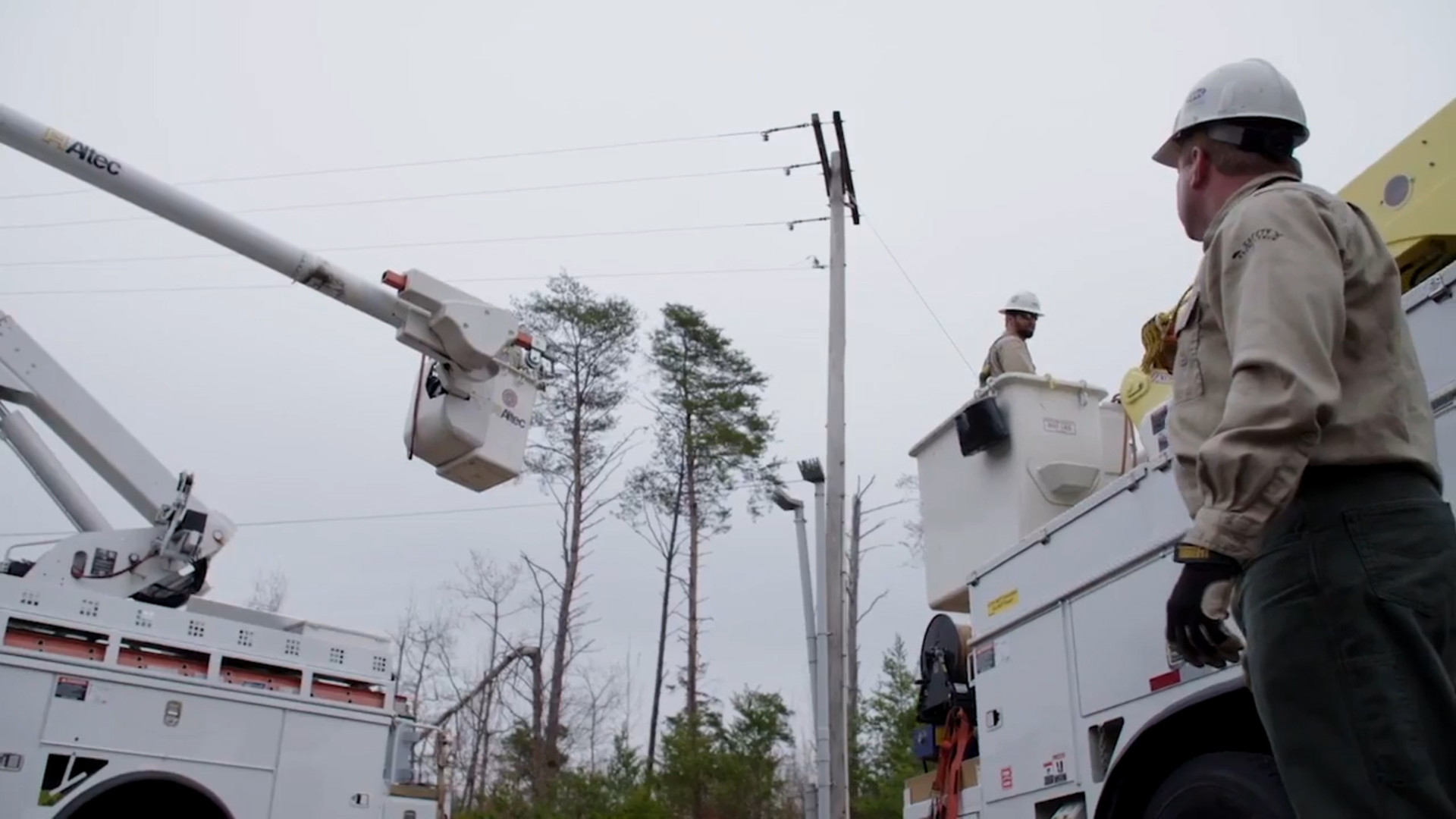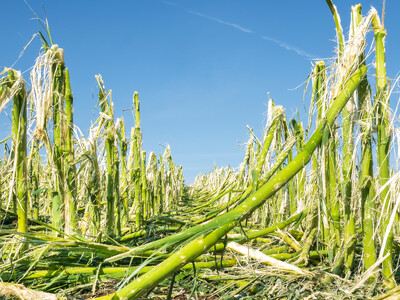NRECA: Electric Co-ops Face $10 Billion Loss Due to COVID
COVID-19 is projected to cost electric cooperatives $10 billion in load loss and unpaid bills through 2022, new research by NRECA finds.Economic disruptions related to the pandemic will drive electric co-op sales down by 6.1% in 2020, 6% in 2021, and 3% in 2022, for an average loss of 5% over the period when compared to pre-COVID-19 projections, according to NRECA estimates.
This loss of electric load will slash co-op sales revenue by $7.4 billion, while a surge in unemployment, combined with a moratorium on disconnections, will drive up unpaid electric bills to $2.6 billion through 2022, the report says.
NRECA CEO Jim Matheson urged the administration and Congress to recognize the peril this represents for co-ops and their members and to act quickly to blunt unprecedented financial hardship.
"As the economic impact of this pandemic spreads, electric co-ops are being challenged like never before to keep the lights on for millions of essential service and frontline workers in hospitals, grocery stores, food production, critical infrastructure and families quarantined at home," Matheson said.
"Policymakers must act to address COVID-19's financial threat to co-ops and rural communities and prevent significant disruptions."
Forecasts from Moody's Analytics show a sharp decline in U.S. GDP and a lengthy recovery through mid-2023 due to the pandemic. NRECA leveraged those forecasts and other publicly available information in the analysis.
"Electricity powers the American economy, and a stalled economy uses less energy," said Russell Tucker, NRECA's chief economist. "As GDP growth falls in the wake of COVID-19, co-op electricity sales will decline."
He noted that disconnect moratoriums in 46 states are likely to dramatically increase delinquency rates for cooperatives.
On top of the financial crush, Tucker said about 2.5 million jobs in co-op communities are in the most at-risk sectors of the economy, including energy extraction, transportation and tourism.
"As the coronavirus pandemic evolves," he said, "the economic impact on the communities and members served by electric cooperatives is significant and is growing."
Source: NRECA

















